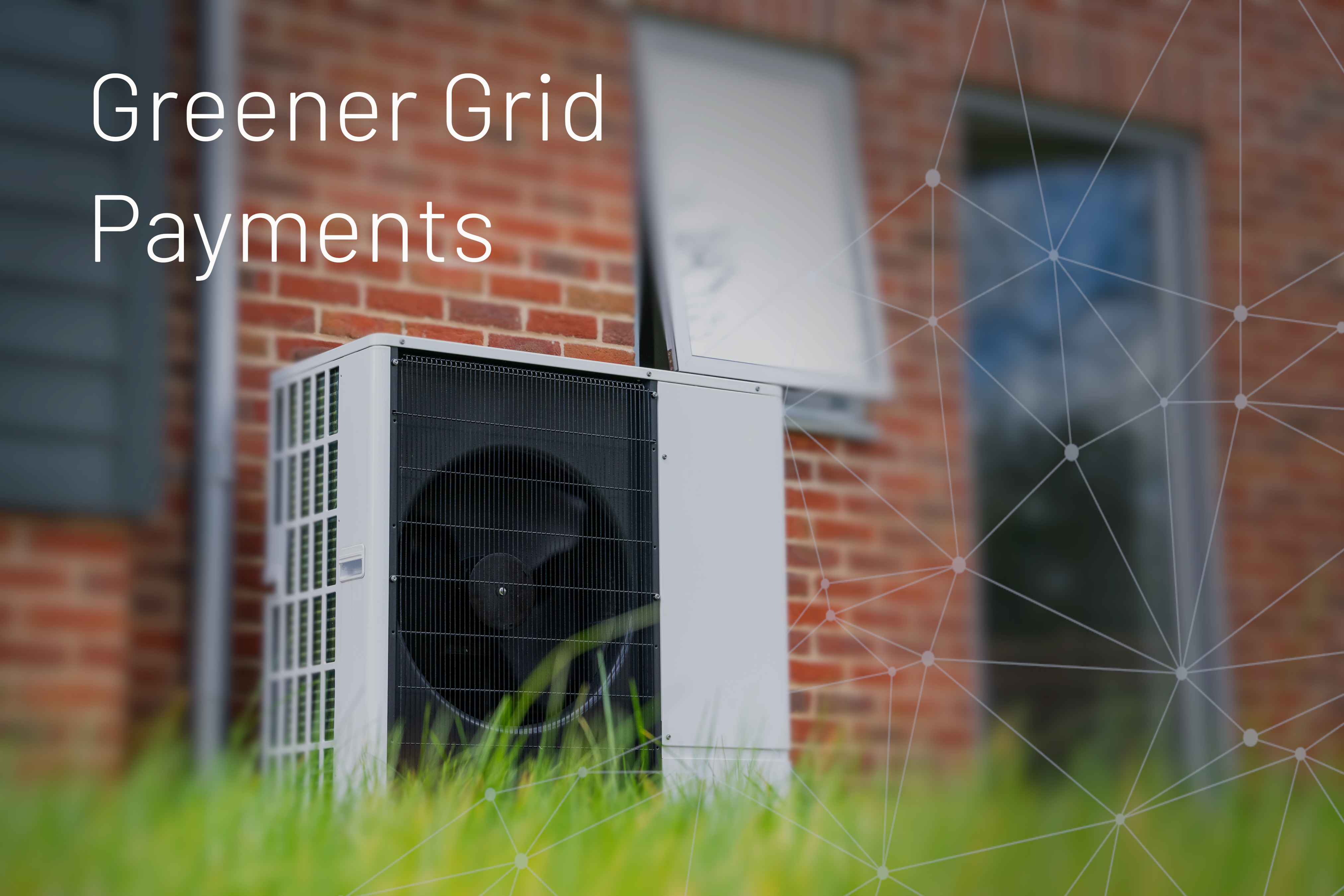News
Why low-carbon heating requires smarter controls
- Industry News
To achieve the UK’s net zero targets, domestic heating will have to decarbonise. This means moving away from using fossil fuels to low-carbon electric solutions like heat pumps.
This will present challenges - both for homeowners and installers unfamiliar with the technology, as well as electricity grids that will have to deal with a sudden increase in demand at peak times.
Smart controls designed specifically to work with heat pumps have a key role to play in tackling these challenges and enabling decarbonisation. Increasing the efficiency of a heat pump reduces its operating cost and carbon emissions. Energy Saving Trust verified that the Passiv controls increase the space heating Coefficient of Performance of a heat pump by 17%. They do this by using machine-learning algorithms alongside local weather forecasts to meet the setpoint requirements of the home with the lowest possible flow temperature.
Reducing the operating cost of a heat pump makes them cheaper to own and run, which in turn encourages more homes to install them. In 2023, National Grid forecast that up to 23 million heat pumps would need to be installed in the UK for net zero to be achieved by 2050. They found that increasing heat pump efficiency plays a big role in uptake. Their report showed that improving efficiency by just 10% would result in a 15% increase in heat pump deployment by 2028, showing the important role smart controls can play.
Heat pump power consumption and the rapid uptake of the technology presents challenges for electricity grids. Smart controls can help by optimising heat pumps to reduce electricity consumption at peak times. In November 2023, Passiv launched Greener Grid Payments, the UK’s first automated Demand Side Response service for heat pump owners. As part of Greener Grid Payments, Passiv automatically reduces heat pump power consumption at peak times without impacting on home comfort and our customers are paid up to £100 a year without having to lift a finger!
The role of innovation
Innovation is key to developing smarter solutions for low carbon heating. Through our consultancy work, Passiv has participated in a number of groundbreaking innovation projects over the last decade. Each of these projects has contributed to the development of our smart controls.
Continuing to innovate, Passiv is currently a partner in three Strategic Innovation Fund projects alongside UK Power Networks - Heatropolis, WattHeat and Heat Risers. Read more about these innovations and the role of the Passiv controls below.
Heatropolis will explore how novel connection arrangements can allow new and existing heat networks to decarbonise by switching from fossil fuelled heating to heat pumps. The project will trial options for decarbonising the King’s Cross heat network, which currently delivers heat from a combined heat and power gas engine to more than 2,400 homes. Passiv is joined by project partners including heat network operator Metropolitan and Swedish energy technology companies NODA and Crossbreed. The project will include a trial of the Passiv controls to explore how smart control in homes can be used to optimise decarbonised heat networks, minimising their impact on electricity networks at peak times.
You can read more about the Heatropolis project in our case study: Heatropolis - Making Heat Networks Smarter.
WattHeat is examining the role of thermal storage in providing flexibility to electricity networks. Project partners include Baringa, electric boiler manufacturer Tepeo and the Greater London Authority housing association. Passiv will explore the technical requirements for enabling automated flexibility across multiple technology types. The project will also include a trial of the Passiv controls, automating flexibility across a portfolio of heat pumps.
Heat Risers will address the challenge of decarbonising multi-occupancy buildings. The variation in how these buildings are owned and operated makes installing low-carbon heating complex, with the simplest option not necessarily being the most cost effective for residents or the network. Heat Risers aims to provide an effective whole-building solutions model for heat decarbonisation in these developments. Project partners include Baringa, GD Cities and the Royal Borough of Greenwich. Passiv is a technical consultant in the project, providing guidance and expertise in the options available for decarbonising heating.
To find out more about the other innovation projects Passiv has participated in, visit the Case Studies section of our website.



